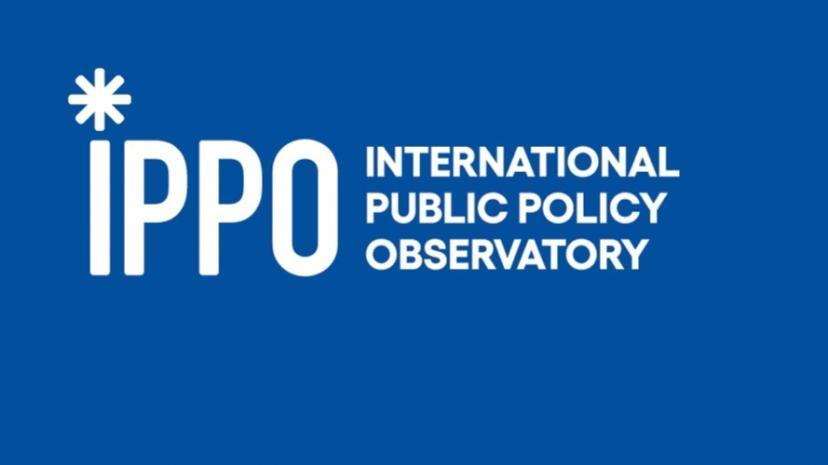Local Government Fiscal Constraint in Scotland: Risk and Resilience
Published: 15 October 2024
15 October 2024: Read this note from a Centre for Public Policy roundtable with government, the voluntary sector and academic expertise on risk and resilience in communities under a challenging fiscal context.
In September 2024, the Centre for Public Policy brought together government, the voluntary sector, and academic expertise from across Scotland for a roundtable discussion. Our aim was to understand how local government in Scotland is responding to the current challenging fiscal context, and to share perspective and practice on the potential ways forward through difficult times. Participants were asked to consider two broad themes of ‘risk’ and ‘resilience’, to identify the key risks faced by local government and consider ways in which those risks could be mitigated.
This event was led by our Research Associate Dr Rob Richardson, who has summarised the findings from the event in a piece posted by IPPO.
Read Rob's full summary for IPPO here: Local Government Fiscal Constraint in Scotland: Risk and Resilience
A quick look at the key messages:
The roundtable discussion on local government fiscal constraint in Scotland highlighted four key points:
- Sustainability of Local Government Under Fiscal Pressure: Local governments in Scotland have long acted as "shock absorbers" for austerity measures, which has severely impacted staff, services, and communities. The current crisis-driven approach is unsustainable, necessitating a shift toward addressing structural causes of poverty and inequality to ensure long-term stability and resilience.
- Need for Preventative and Community-Focused Approaches: The need for greater preventative measures in public services was a recurring theme. Despite recommendations from the 2011 Christie Commission, progress remains limited, leaving vulnerable communities at risk. Investing in prevention and health creation, guided by frameworks like the Marmot principles, is crucial for improving outcomes and reducing inequalities.
- Challenges in Inter-Governmental Relations and Funding Flexibility: The relationship between the Scottish Government and local authorities is strained, with local councils feeling restricted by limited financial discretion. Despite attempts to negotiate a ‘Fiscal Framework’ and reset relations (e.g., the Verity House Agreement), progress is slow, and local governments continue to struggle with imposed spending measures and lack of autonomy.
- Rethinking and Redesigning Public Services: There is a need to revisit the ‘first principles’ of public services in Scotland. The roundtable advocated for a system focused on tackling structural conditions that perpetuate poverty rather than providing siloed, individualized services. This could include integrating voluntary sector voices and implementing innovative service models like the Barnahus model, focusing on collaboration and community empowerment.
IPPO will be publishing more from this work package in the coming months, to keep up with thier outputs visit the IPPO website.

Image used Josh Appel via Upsplash.
First published: 15 October 2024
Read Rob's summary for IPPO here: Local Government Fiscal Constraint in Scotland: Risk and Resilience
Dr Rob Richardson, Research Associate at the Centre for Public Policy.


